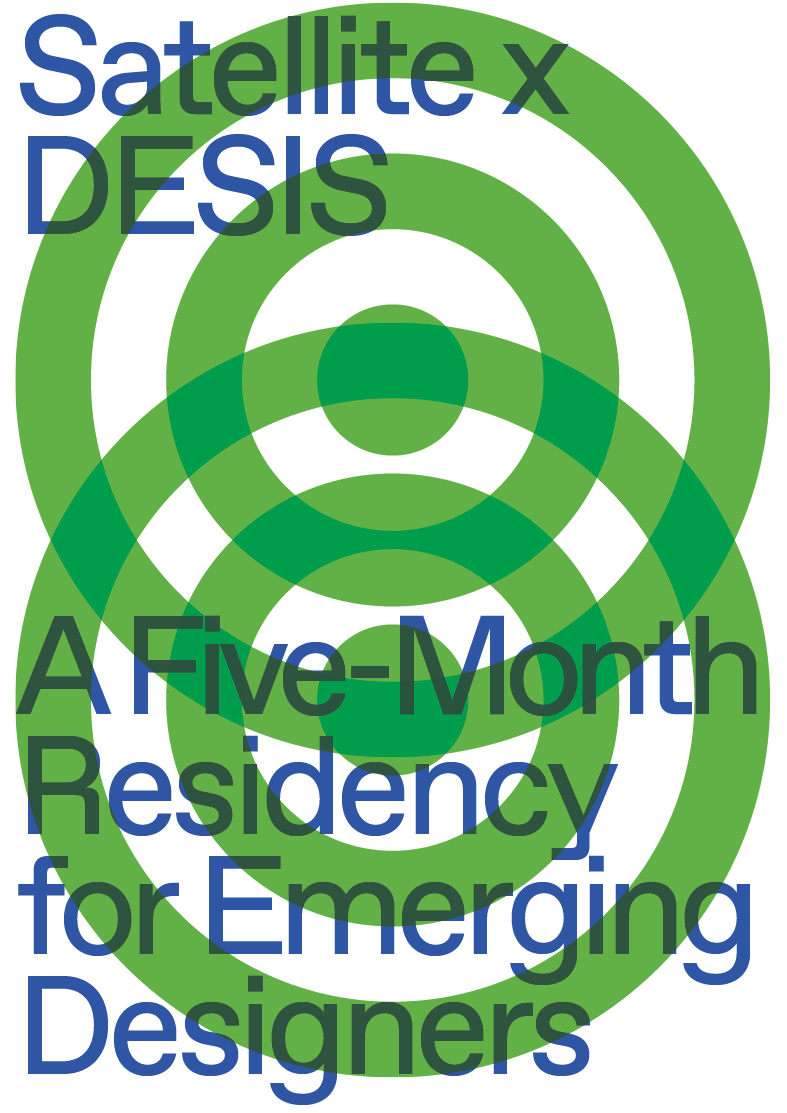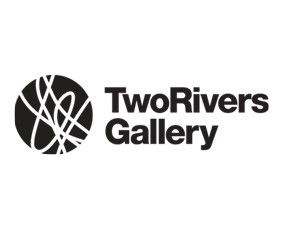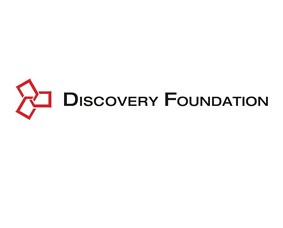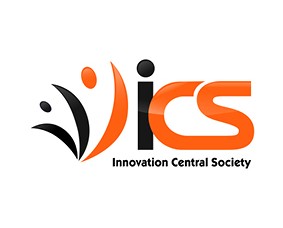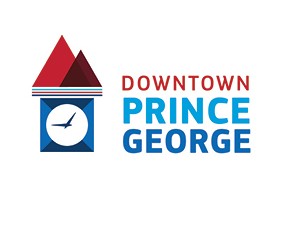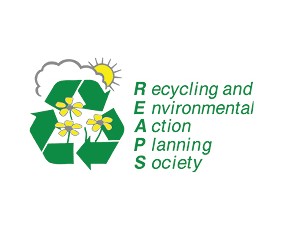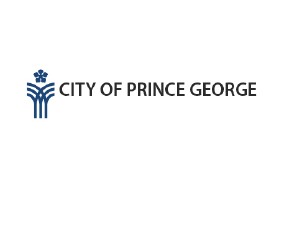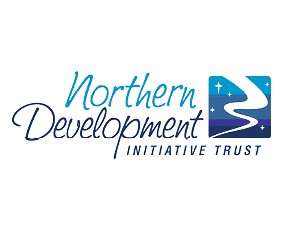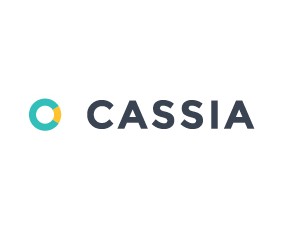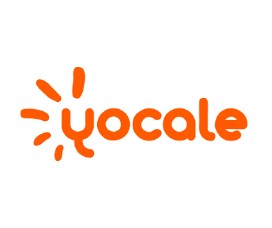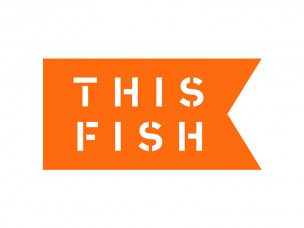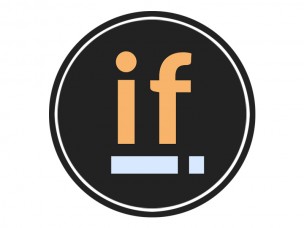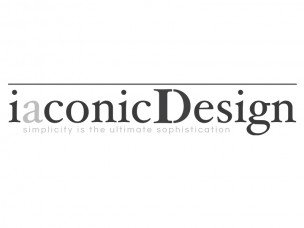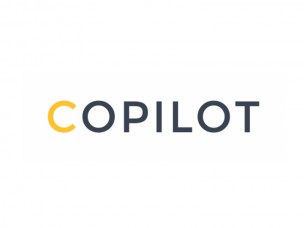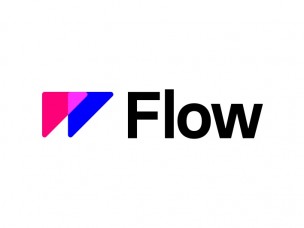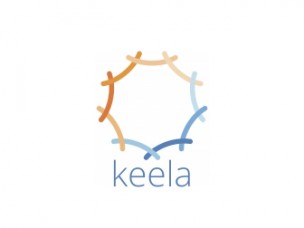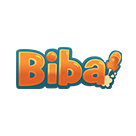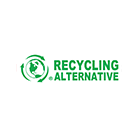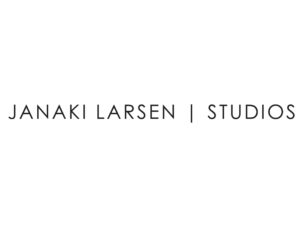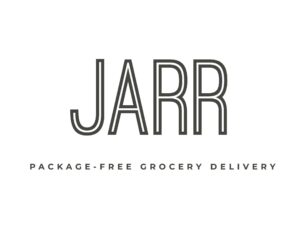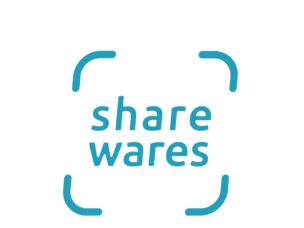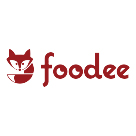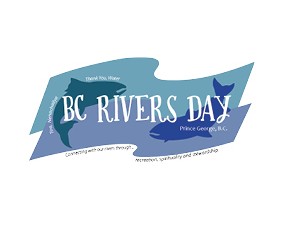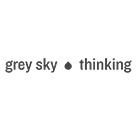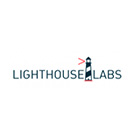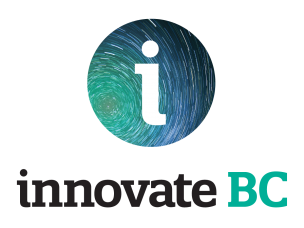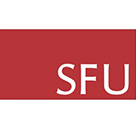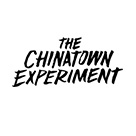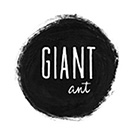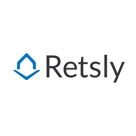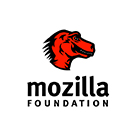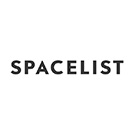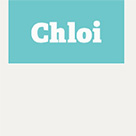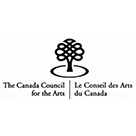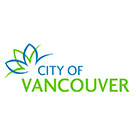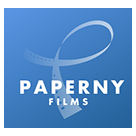Satellite is a partnered residency program developed to support emerging artists and designers on major self-directed projects.
Throughout May – October 2020, Satellite has partnered with Emily Carr DESIS lab to offer a residency to develop major sustainability and social innovation projects.
Satellite X DESIS:
In scope of Satellite X DESIS, 5 Emily Carr project teams will receive access to studio space*, mentorship, peer support and funding toward the goal of developing projects within a real-world context, including developing products or services; initiating events, programs, initiatives or community partnerships; or starting studios, collectives, agencies or non-profits. The 2020 projects are:
Pocket Change
By Morgan Martino and Naomi Boyd
Mentor: Kate Fletcher, UA London and Union of Concerned Researchers in Fashion
Pockets facilitate the interactions we have with everyday objects and the world around us. They give us autonomy and freedom to carry things, privacy for our possessions, spaces to share, exchange, and demonstrate reciprocity with our friends and community. Their size and placement can show us gender inequality, their contents; wealth inequality, their materials and construction; environmental injustices.
Pocket Change is an opportunity to engage others in dialogues related to experience of gender, class, place and the environment through accessible and shareable design activities centering around pocket equity. These activities will explore the repair/reuse/redesign of pre-existing artifacts and materials as a sustainable practice, rather than relying on the consumption of new products. They will be celebrations of identity sharing, storytelling and worldmaking through textiles. We see this moment as an excellent occasion for individuals and communities to interrogate their role in global material and cultural economies, to create and enact meaningful and significant paradigm shifts within our relationship to textile design, production, consumption, and equity.
Morgan Martino is entering her fourth year of Industrial Design at Emily Carr, as well as working towards a SPACE minor. Her work focuses on the study and appreciation of vernacular objects, obsolete media and archaic technologies as tools for community building and clues to alternative consumption cycles. On campus, she is the creator and leader of The Mixtape Collective and Vintage Digicam Club, a host of Pronoun pin work-shops, as well as a research assistant for the Health Design Lab and Graphic Research Unit. Her work has been featured in SEITIES magazine, Woo publication, and shown at Penn State Graduates in Women’s, Gender and Sexuality Studies Conference 2018.
Naomi Boyd is going into her fourth year at Emily Carr, working on completing an Industrial Design major with a minor in SPACE. Her work here has led to an interest in community-engaged design, exploring analogue material practices as means for social innovation and expanding modes of thinking. Most recently, she has been working to organize Climate Cut, a project based in community and sustainability, and volunteers as a literacy mentor with the Writer’s Exchange in Strathcona.
Fruitcake Press
By Josh Singler
Mentor: Be Oakley, GenderFail Press
Fruitcake is an independent queer publishing initiative that exists within a constant state of flux and disorientation. Born out of the belief that within the conflict of disorientation lies great potential, Fruitcake pulls on queer and feminist theories to support this idelogy.
All Fruitcake projects accept and welcome failure, open dialogue, and respectful critique through queer design, art, and writing. Fruitcake aims to publish works that engage in a critical reimagining of self to contribute to a more inclusive understanding of the world that we live in.
Josh Singler (BDes, MDes) considers his practice and philosophy as a queer designer and educator to be non-hierarchal, collaborative, messy, and it often invites inspiration from unexpecting places. Josh situates his practice somewhere in-between design activism and design for social innovation and emphasizes an examination of the role that one’s identity has in facilitating design possibilities outside of the straight white cis man’s design world. Through a reflexive design approach he aims to use his practice to challenge an industry that has long negated opportunities to examine the power of queer, feminist, and other marginalized voices.
Josh holds his Master’s in Design [MDes] from Emily Carr University of Art + Design and his BDes [Hons] from York University and Sheridan College’s YSDN Program. As a communication designer, Josh has focused his research and training in print media, book/publication, and typography. He is currently a designer at OUTtv Network, “the world’s first and Canada’s only television network focusing on programming of interest to the lesbian, gay, bisexual and transgender audience and its allies.”
POOL
By Annie Canto, Nura Ali and Jean Chisholm
Mentor: Bopha Chhay, Artspeak
POOL fosters community-based practises that explore new ways of gathering and collective learning. Antiracist pedagogy, decolonial methodology, and peer-to-peer solidarity make up the core of our practises. With these interests at the heart of our work, this project expands our understanding of community support and activism by exploring new ways to gather that embody relational and mutually supportive ways of being, and challenge the hegemonic structures that disconnect us from the communities and ecologies we live within.
Through different iterations of social gatherings we aim to build relationships with community leaders and activists in our networks while reflecting on the flexibility of our socially engaged practices as they transition in the face of new and unforeseen social barriers. We aim to work with mentors and collaborators who support their communities through equity work in various ways – individuals who enact an understanding of homeplace as a site of resistance. We are excited to explore the new kinds of connectivity that can be fostered in this time of precarity and to learn from the practices of labour organizers, artist/activists, and social justice scholars who are beginning to transition their work to and from distant spaces.
Annie Canto (BFA, MFA) is an artist and educator currently working in Vancouver, BC. In 2020, she graduated from Emily Carr University of Art + Design with a Master’s in Fine Arts emphasizing research in social practice and engaged pedagogy. Working with performance, text, comics, and food she facilitates participation in communal spaces to acknowledge the complexities of the Other and question the overarching systems that govern our relationships. In her current work, Annie is exploring collaborative writing and hosting practices as strategies for community organizing.
Nura Ali is a visual artist, community organizer and social activist. Her multidis- ciplinary practice engages issues of memory, place building, displacement and power. Nura has been involved in grassroots organizing in the non-profit sector for many years. Firstly at the Al Madad Foundation, an NGO that provides art and educational initiatives to displaced children living in refugee camps. Followed then by a move to the British Somali Community where she worked for a number of years on community education programs aimed at eradicating Female Genital Mutilation. Nura is committed to community oriented organizing and for this reason became one of the founding members of the Vancouver Artists Labour Union Co-op, a unionized workers cooperative with a mission to transform labour practices within the arts and cultural sector.
Jean Chisholm (BA, BDes, MDes) is a communication designer, design researcher, and educator. Her interest in community building, local identities, and transitions towards socially sustainable ways of living informs her research and design prac- tice. In 2020, she completed her Master’s in Design from Emily Carr University of Art + Design, exploring relational, place-based practices within her hometown of Prince George, BC.
Studio Peal
By Zara Huntley and Lauren Thu
Mentor/Advisors: Nu Goteh, Room for Magic; Cas Holman, Rigamajig; Gillian Russell; Amanda Huynh; Pratt Institute; Alex Groves and Azusa Murakami, Studio Swine
Peal is a design studio created to address the lack of platforms for critically minded design work in Vancouver, BC. We see opportunities for inquiry in everyday routines and discarded endeavours, and use design to address issues in new ways. By embracing humility in our work, we allow ourselves to be vulnerable to new perspectives and dialogues regarding resiliency, empathy, accessibility and agency. Our projects are not meant for consumer consumption, instead, they are tools and devices for social conversation and change. They are meant to be lived with, taken along as talismans towards our unknown fate.
Our first project as Peal will explore and address issues surrounding materiality and place. We are currently in a conceptual phase, experimenting with local material collection and processing techniques to find new ways of talking about the land around us and the context in which we operate on it. Through storytelling and engagement with non-experts, we speculate that interactions with materialities can help connect these concepts and support the passing of tacit knowledge.
Zara Huntley is an interdisciplinary industrial designer. Born and raised in Halifax, Nova Scotia, she spent a decade living and working across British Columbia before settling in Vancouver to focus on design. Zara is currently finishing the last year of her Bachelor of Industrial Design degree at Emily Carr University of Art and Design. For Zara, design is more than projects and outcomes – design must also focus on the context a project resides in. Because she wants to challenge oppressive structures and systems, her projects take form through non-tangible and critical design issues. Zara’s work bears strong political references and uses visual vocabulary to address social and political issues. Her work seeks to disrupt the preconceived, systemic notions which underlie our everyday lives.
Lauren Thu is a designer [generally and specifically] residing in Vancouver, Canada. She is finishing her Bachelor of Design at Emily Carr University of Art + Design, with a focus in industrial design and a minor in curatorial practice. Her interests in critical and speculative design suit her penchant for reading, writing, and her past experience in communicating through visual and material means (photography and sculpture). She is currently the founder and president of the Design Reading Group (DRG) at ECUAD, which meets during the school year to discuss design issues through weekly readings. Most recently, her writing was chosen by Onomatopee Project’s Criticall! exhibition, currently showing in Eindhoven, NL. Her essay will be published alongside 15 other writers, including an introduction by renowned critic, Alice Rawsthorn.
The Radical Waste Project
by Garima Sood and Damien Stonick
Mentor: Michelle Austin, SPUD.ca
Radical Waste reimagines the food system by considering waste from the food industry as a resource to generate social and material resilience.
The project aims to map local waste streams in order to redirect and reformat waste as a method of reimagining our existing economic, social and political systems. Through meaningful interaction with waste material and other material and social endeavors, these systems can be restructured around local resilience, circular patterns of production and consumption, as well as reciprocity and interdependence.
Ongoing works are grounded in material exploration and development, collaborative design exercises, social innovation and impact and waste redirection through crafts and design. By developing a network of information flows, this project encourages dialogue with industry, business, and agriculture to support equitable and accessible food systems.
Damien Stonick (BSE, MDes) material designer and researcher with an academic and personal history of supporting, growing, and developing personal and community well-being. She completed her Master’s in Design from Emily Carr University of Art + Design in 2020, navigating the relationship between material practice, or making, and the development of resilience, and the characterization of resilient practices within and for resilient communities. She is continuing her thesis research through redirection of waste into resources and the development of resilient practices and systems. Local design, agriculture, small scale production, and distributed systems are central components of her practice.
Garima Sood (BA) Garima is a design researcher, a maker and a design student. Her work is grounded in material-based explorations that uses tactile engagement to foster meaningful relationships with man-made and living materials and systems. Through her work, she seeks to analyze, disrupt and push complex systems into transition towards more sustainable futures. Garima has a BA in Political Science with a focus in sustainable development policy and justice theories and is currently pursuing a BDes in Industrial Design at Emily Carr University of Art +Design.
*Please note Satellite will operate remotely for as long as necessary in line with social distancing guidelines for the Province of British Columbia.
About DESIS
The Emily Carr DESIS Lab supports research that advances design for social innovation towards sustainability. DESIS envisions a future that supports resilience, equity and diversity across human and ecological systems through social innovation, design and environmental justice.
Emily Carr’s lab joined the DESIS network, made up of 46 labs worldwide, in 2012 and is currently the only DESIS lab in Canada. The lab supports a range of projects and activities, including mentoring DESIS students, contributing to curriculum at Emily Carr, supporting academic and extra-curricular activity, and contributing to discourse and advocacy for sustainability and social matters.
desis.ecuad.ca
About the Shumka Centre
The Shumka Centre for Creative Entrepreneurship fosters the movement of artists and designers into systems and situations where their work can have the most impact. The Shumka Centre addresses the lack of support artists and designers face in actualizing projects by creating dynamic programming and tactical platforms.
Satellite is generously generously supported by the Accountability Council for Co-op Education and Work-Integrated Learning (ACCE-WIL) and the Ministry of Advanced Education, Skills and Training
